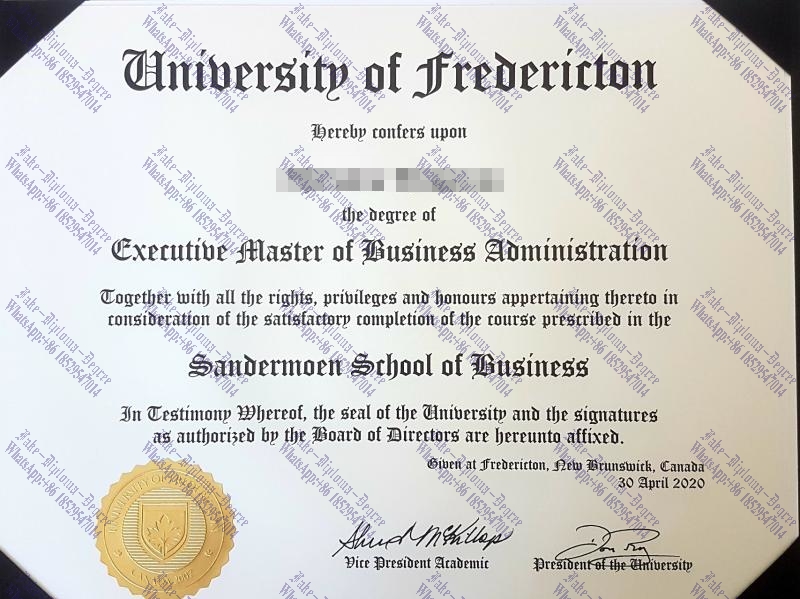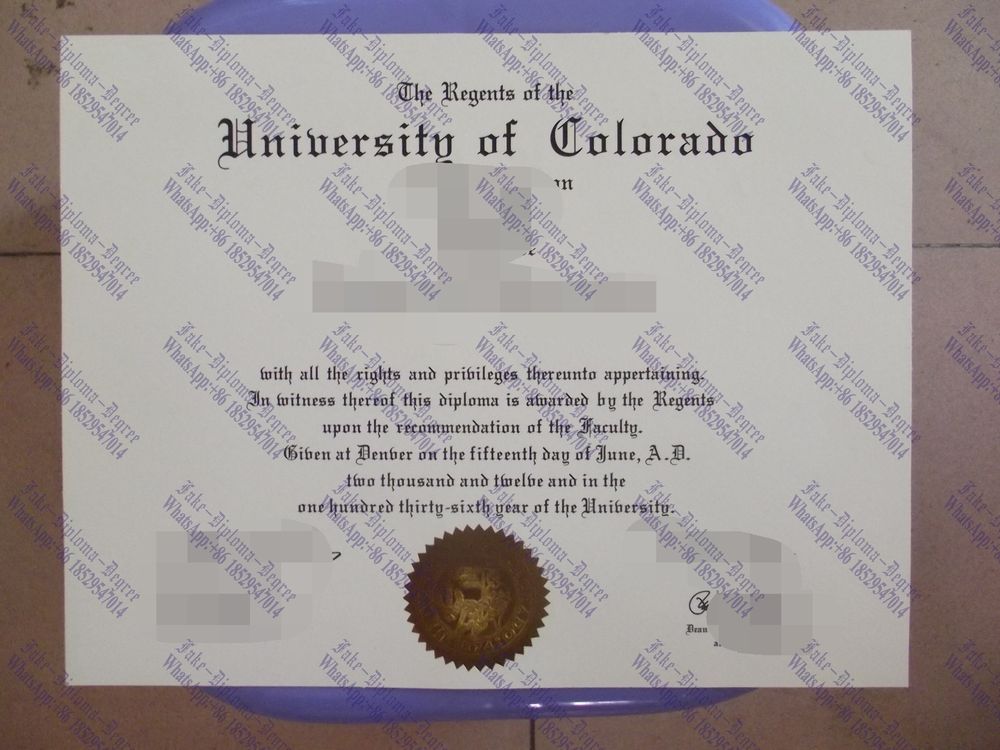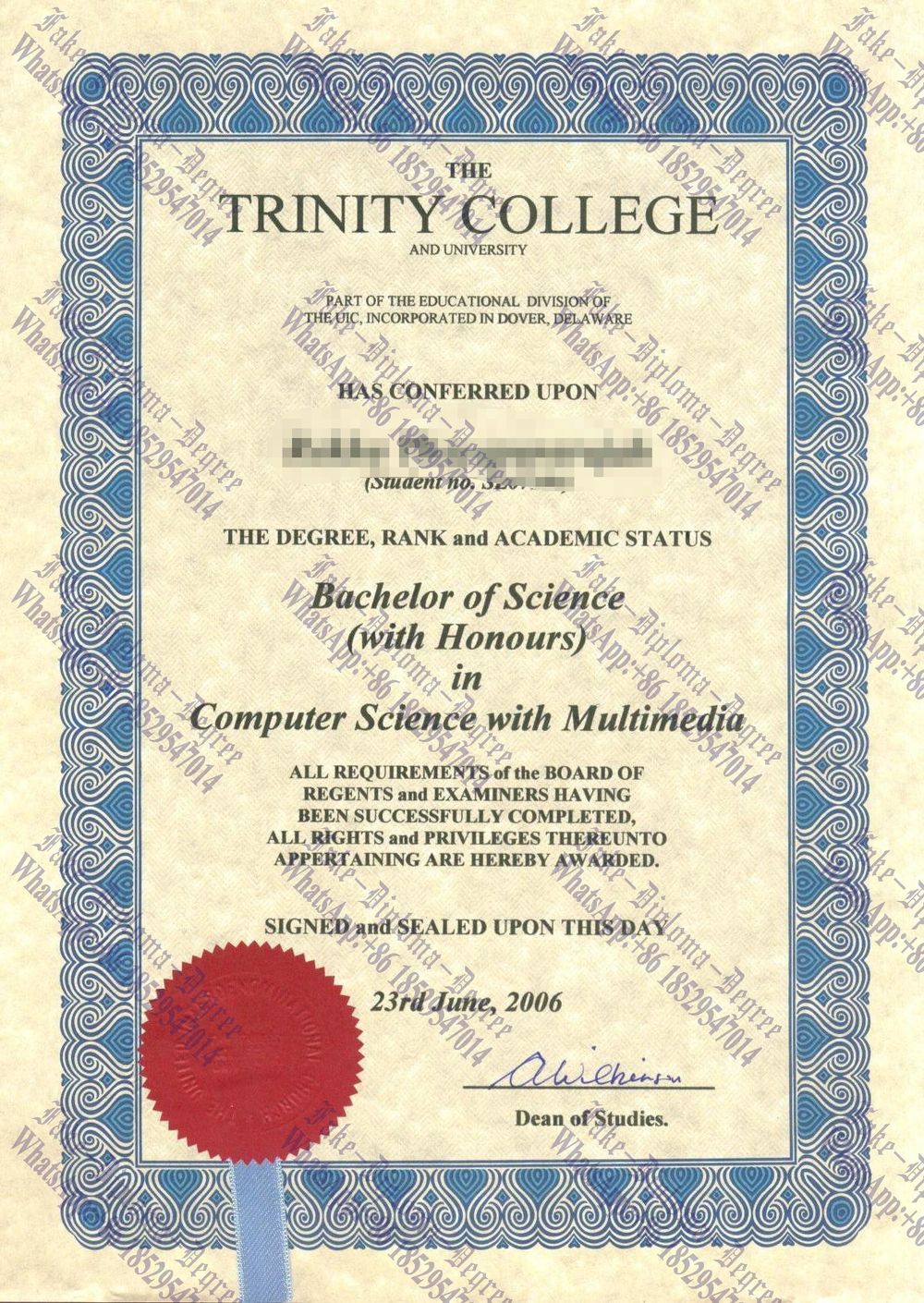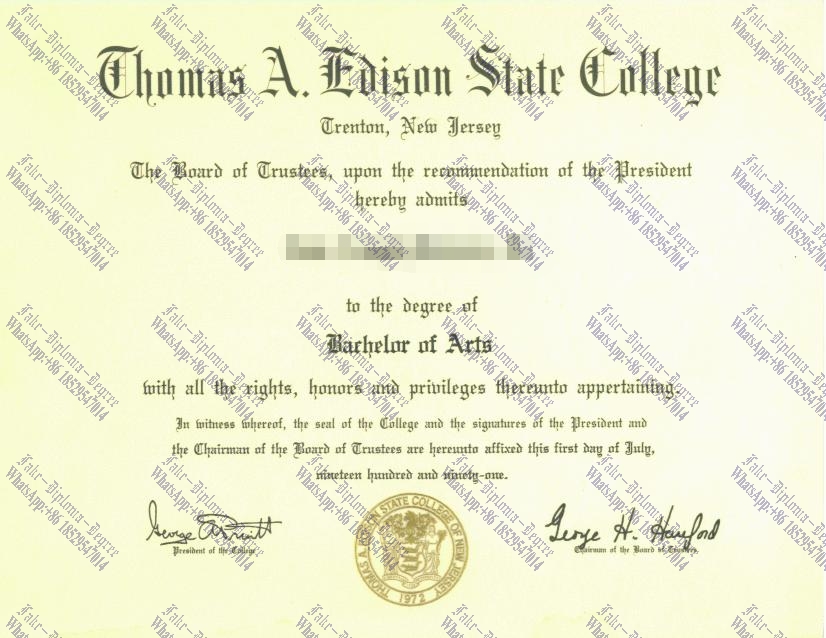Make a Fake Thomas Edison State College Degree
Have you ever considered obtaining a fake degree from Thomas Edison State College? While it may seem like an appealing shortcut, it is essential to understand the potential risks and consequences that come with such a decision. In this article, we will explore the process, the reasons people may be tempted by this option, and the various aspects you should consider before making a decision.
The Appeal of a Fake Degree
The allure of a fake degree is understandable. It provides a seemingly quick and effortless way to obtain a diploma without the time, effort, and financial commitment typically required for legitimate education. Whether it's to impress potential employers or satisfy personal aspirations, the desire for a shortcut may influence some individuals to consider this option.
The Process of Obtaining a Fake Degree
Acquiring a fake degree from Thomas Edison State College usually involves contacting fraudulent online services that claim to provide authentic-looking diplomas. These services often require you to submit personal information, including your name, desired degree, and graduation date. They may also ask for payment upfront.
It's important to note that obtaining a fake degree is illegal and unethical. Engaging in such activities may result in severe consequences, including damage to your professional reputation, legal troubles, or potential job loss. Furthermore, employers are becoming increasingly skilled at detecting fraudulent qualifications, making it even riskier to pursue this path.
The Risks and Consequences
Using a fake degree exposes you to numerous risks. Employers and educational institutions are well aware of diploma mills and fraudulent practices, and they have implemented measures to combat this issue. Background checks, verification procedures, and improved technology have made it easier to identify counterfeit qualifications.
If your fake Thomas Edison State College degree is discovered, the repercussions can be severe. Not only may you lose your job or be denied employment opportunities, but you could also face legal action and damage to your professional and personal reputation.
Is It Worth the Risk?
Considering the potential risks involved, it's crucial to reassess the desire to obtain a fake degree. While the appeal of a quick fix is undeniable, the long-term consequences far outweigh any perceived benefits. Employers value honesty, integrity, and genuine qualifications. Investing time and effort into legitimate education and personal development will always be a more reliable path to success.
Frequently Asked Questions
- Q: Can I use a fake degree to get a job?
- Q: Are there legal consequences for obtaining a fake degree?
- Q: Why should I invest in legitimate education instead of a fake degree?
A: While you might temporarily fool some employers, using a fake degree is highly risky. Background checks and verification procedures are becoming more thorough, making it easier to detect counterfeit qualifications. The consequences of being caught can be severe, including termination of employment and potential legal actions.
A: Yes, acquiring a fake degree is illegal in many countries. Engaging in fraudulent activities can lead to legal troubles, tarnish your reputation, and hinder future employment opportunities.
A: Genuine education provides knowledge, skills, and personal growth that cannot be replicated by a fake degree. Legitimate qualifications are highly valued by employers, contributing to long-term career prospects and professional credibility.
Remember, the pursuit of personal and professional growth should always be based on honesty and integrity. Avoid the temptation of obtaining a fake degree, and instead, invest in credible education that will pave the way for a successful future.











